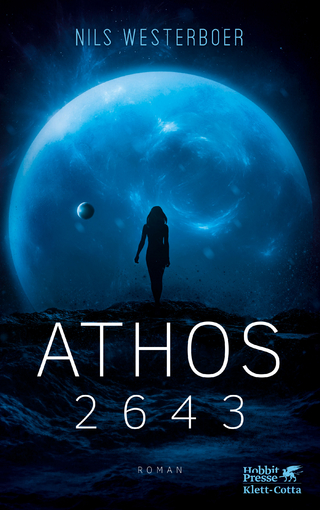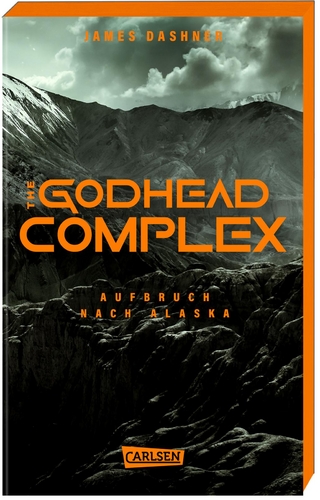
Flatland
Princeton University Press (Verlag)
978-0-691-16555-4 (ISBN)
In 1884, Edwin Abbott Abbott wrote a mathematical adventure set in a two-dimensional plane world, populated by a hierarchical society of regular geometrical figures-who think and speak and have all too human emotions. Since then Flatland has fascinated generations of readers, becoming a perennial science-fiction favorite. By imagining the contact of beings from different dimensions, the author fully exploited the power of the analogy between the limitations of humans and those of his two-dimensional characters. A first-rate fictional guide to the concept of multiple dimensions of space, the book will also appeal to those who are interested in computer graphics. This field, which literally makes higher dimensions seeable, has aroused a new interest in visualization. We can now manipulate objects in four dimensions and observe their three-dimensional slices tumbling on the computer screen. But how do we interpret these images? In his introduction, Thomas Banchoff points out that there is no better way to begin exploring the problem of understanding higher-dimensional slicing phenomena than reading this classic novel of the Victorian era.
Edwin Abbott Abbott (1838-1926), the author of more than fifty books on classics, theology, history, and Shakespeare, was headmaster of the City of London School and one of the leading educators of his time. Thomas Banchoff is professor emeritus of mathematics at Brown University and author of Beyond the Third Dimension.
Preface to the Second and Revised Edition ix Introduction xiii Part I This World Section 1 Of the Nature of Flatland 3 2 Of the Climate and Houses in Flatland 4 3 Concerning the Inhabitants of Flatland 6 4 Concerning the Women 8 5 Of our Methods of Recognizing one another 12 6 Of Recognition by Sight 16 7 Concerning Irregular Figures 20 8 Of the Ancient Practice of Painting 22 9 Of the Universal Colour Bill 24 10 Of the Suppression of the Chromatic Sedition 27 11 Concerning our Priests 30 12 Of the Doctrine of our Priests 32 Part II Other Worlds 13 How I had a Vision of Lineland 39 14 How in my Vision I endeavoured to explain the nature of Flatland, but could not 42 15 Concerning a Stranger from Spaceland 46 16 How the Stranger vainly endeavoured to reveal to me in words the mysteries of Spaceland 49 17 How the Sphere, having in vain tried words, resorted to deeds 55 18 How I came to Spaceland and what I saw there 57 19 How, though the Sphere showed me other mysteries of Spaceland, I still desired more; and what came of it 61 20 How the Sphere encouraged me in a Vision 66 21 How I tried to teach the Theory of Three Dimensions to my Grandson, and with what success 68 22 How I then tried to diff use the Theory of Three Dimensions by other means, and the result 70
| Reihe/Serie | Princeton Science Library |
|---|---|
| Einführung | Thomas Banchoff |
| Zusatzinfo | 12 line illus. |
| Verlagsort | New Jersey |
| Sprache | englisch |
| Maße | 140 x 216 mm |
| Gewicht | 85 g |
| Themenwelt | Literatur ► Fantasy / Science Fiction ► Science Fiction |
| Literatur ► Klassiker / Moderne Klassiker | |
| Sachbuch/Ratgeber ► Natur / Technik | |
| Mathematik / Informatik ► Mathematik ► Allgemeines / Lexika | |
| Mathematik / Informatik ► Mathematik ► Geometrie / Topologie | |
| ISBN-10 | 0-691-16555-6 / 0691165556 |
| ISBN-13 | 978-0-691-16555-4 / 9780691165554 |
| Zustand | Neuware |
| Informationen gemäß Produktsicherheitsverordnung (GPSR) | |
| Haben Sie eine Frage zum Produkt? |
aus dem Bereich


